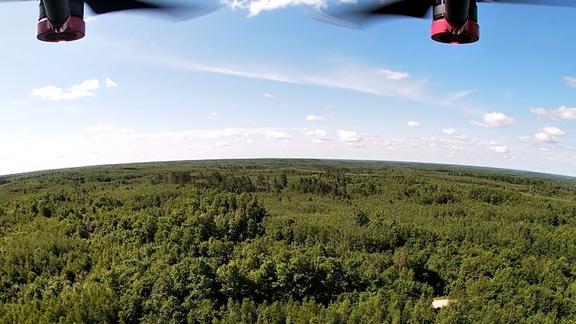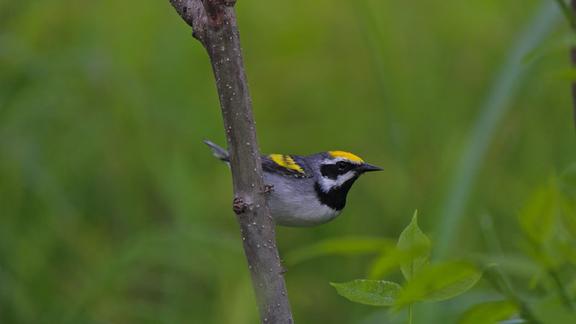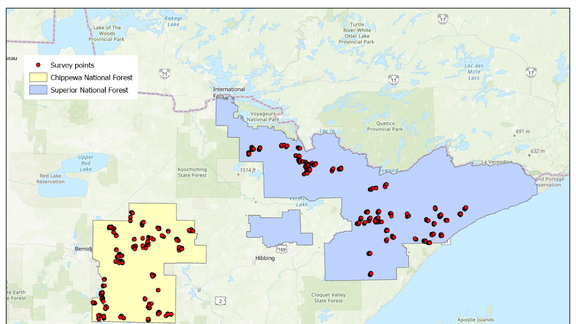Featured Research Labs
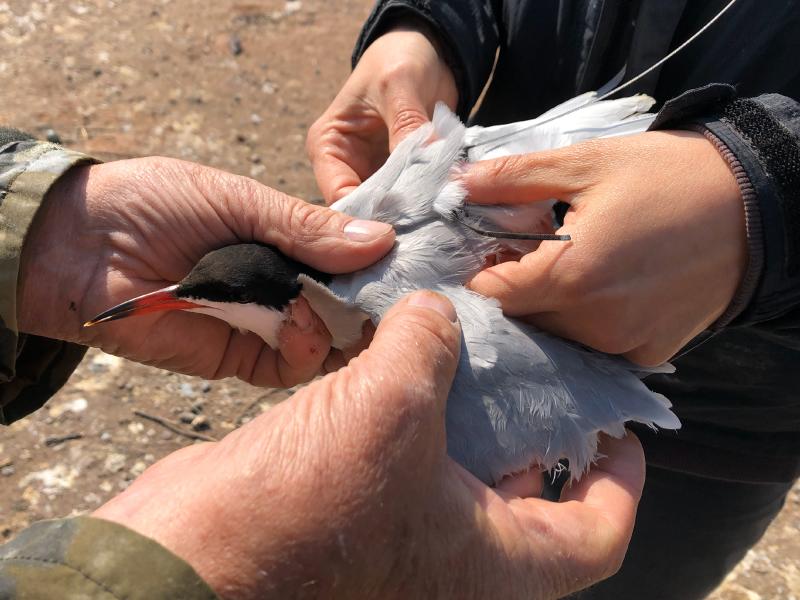
Program Overview
Understanding the ecosystem needs of terrestrial and aquatic wildlife to inform conservation efforts, management of natural resources, and opportunities to restore habitat in urban and rural environments.
Recent Research
- Black Spruce forest peatland studies led to development and testing of alternative harvest methods that will help inform sustainable forest management and enhance understanding of these complex habitats and valuable ecosystems that maintain biodiversity.
- Deer-Vehicle Collision Project is informing improved highway safety efforts by the Minnesota Department of Transportation. Additional funding was approved to expand the study to the Twin Cities metro area.
- Moose habitat review is informing a Minnesota Department of Natural Resources effort to establish large areas of moose habitat in northeast Minnesota.
Featured Research Projects
Related News
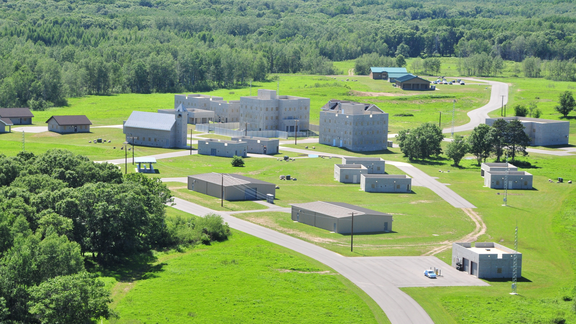
NRRI study maps conservation opportunities for Camp Ripley Sentinel Landscape in face of climate change.
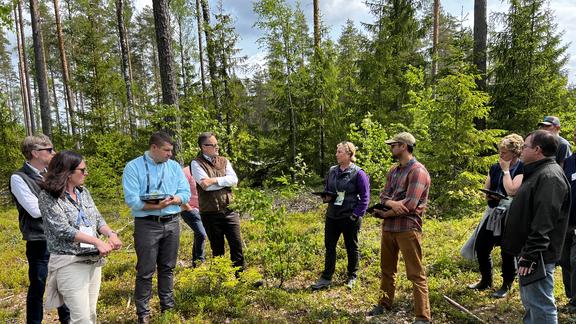
NRRI leaders join U.S. contingent on field trip to Finland to share, learn and collaborate.

NRRI technicians travel far and wide to get the data that informs the research.

Pine marten study underway compares difference between two habitats and impact on species.

Research effort to provide artificial tree cavities attracted some fishers, other wildlife; expanded project will study predators

Northwoods bobcats and fishers research leads recent graduate Nate Weisenbeck to sea turtles on Florida beaches.

Wandering bird lover settles at NRRI’s Avian Ecology Lab to grow understanding of bird migration and habitat

MnDOT funding seeks to understand true number of incidents in Minnesota to save money, wildlife and human injuries.

Ron Moen's long wildlife career has taken him on a 26-year walk on the wild side.

Climate change is changing the species that inhabit Northern forests. NRRI scientists are starting a study to document the expanded range of the Southern flying squirrel.
Media Coverage
- – Talking deer collisions with U of M – Grand Rapids Herald Review
- – Risk of hitting a deer increases in Minnesota with time change Sunday – WJON radio - St. Cloud
- – Study: fishers migrating, adapting to southeast – Outdoor News Minnesota
- – Minnesota drivers hit thousands of deer a year. Here's where it happens most. – Star Tribune
- – Detailed accounts of 250 birds in Minnesota – Hometown Focus
- – How our extreme weather is impacting fish and wildlife in our region – WDIO
- – Talking Minnesota’s migratory birds with U of M – University of Minnesota News
- – Identifying Deer-Vehicle Collisions in Minnesota – Center for Transportation Studies
- – Birds and climate: it’s a complex relationship – Hometown Focus
- – Canada Lynx research in northeastern Minnesota continues, plans to expand – WTIP
- – Fisher research at NRRI – WDIO
- – Minnesota DNR: Don't veer during peak deer, moose season – WCCO News
- – Minnesota researchers explore how road design can reduce deer collisions – KSTP-TV
- – Talking deer collisions with U of M – University of Minnesota News
- – Birds, bugs and climate change – MPR News
- – Weiss: Old friends return — fisher, bobcat sightings on the rise – Rochester Post Bulletin
- – Connecticut Warbler and other songbird populations on the decline in Superior National Forest – WTIP
- – Fisher population continues to decline across Superior National Forest – WTIP
- – Minnesota researchers aim to reduce deer-vehicle collisions along Highway 61, other roadways – WTIP
- – Study sends fisher biologists back to the drawing board – The Timberjay
- – Northern Minnesota experiment attracted some fishers — and other critters, too – Duluth News Tribune
- – Why deer crossing signs have disappeared from Minnesota highways – Local Today
- – Do you enjoy bird watching? Researchers need your help this summer – KBJR News
- – Damming research: Study finds beavers might not be all bad for trout streams – Duluth News Tribune
- – Minnesota Researchers Will Count Dead Deer to Prevent Future Vehicle Collisions – Field & Stream
- – Minnesota drivers may hit 20 times the deer reported to state – Duluth News Tribune
- – Insect pests continue to threaten trees near Lake Superior, BWCA – WTIP North Shore Community Radio
- – Potential impacts of emerald ash borer on wildlife in black ash wetlands – University of Minnesota Research Brief
- – Study analyzes beavers as 'ecosystem engineers' near North Shore rivers – WTIP North Shore Community Radio
- – Study reveals woodcock wintering grounds – Duluth News Tribune
- – Beaver dams important to freshwater ecosystems – Red Wing Republican Eagle
- – New study demonstrates the value of beavers as ecosystem engineers – TBNewsWatch.com
- – Research finds beavers a critical component of Northland forests – Duluth News Tribune
- – Beavers support freshwater conservation and ecosystem stability – University of Minnesota Research Brief
- – Minnesota researchers to study how climate change affects flying squirrels – Grand Forks Herald
- – Wood turtles declining in Minnesota – Duluth News Tribune
- – Green Visions: "This is a warning signal from our world" – KUMD
- – Trail cams keep tabs on fisher denning boxes – Outdoor News
